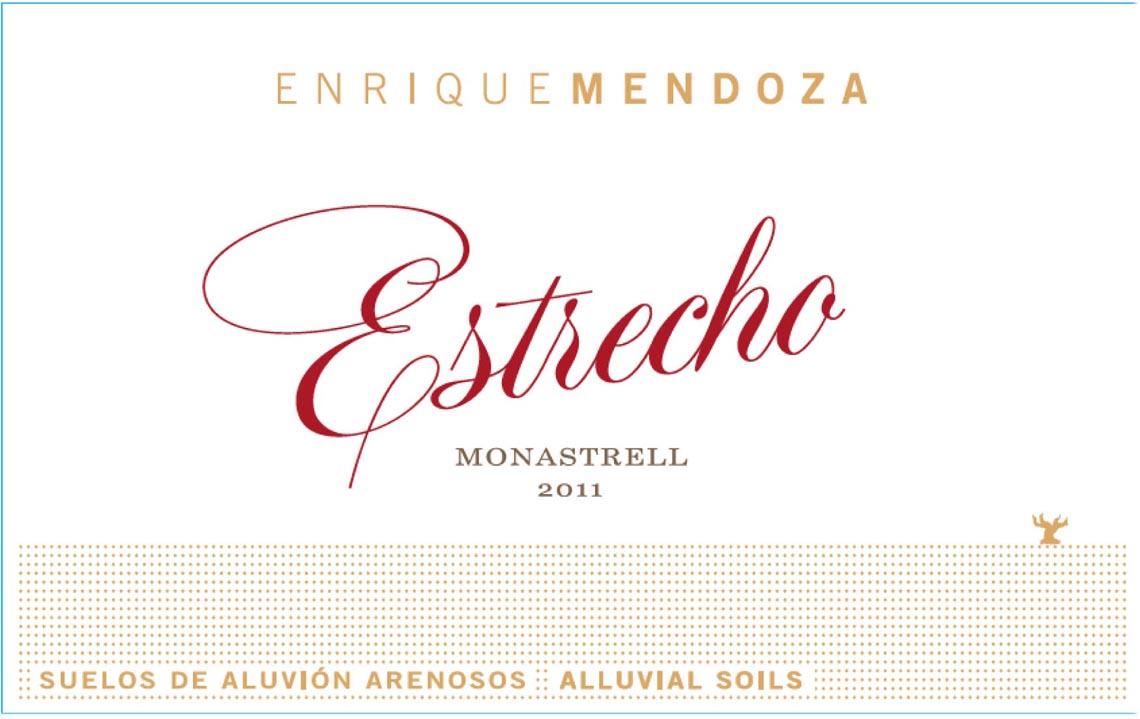2011 Alicante Monastrell
Enrique Mendoza Estrecho is a remarkable red wine crafted from Monastrell grapes, hailing from the renowned Alicante region. This 2011 vintage showcases a full-bodied structure, drawing you in with its bold character and complexity. The acidity is vibrant and bright, providing a refreshing balance to the overall profile of the wine. Its pronounced fruit intensity reveals luscious notes of dark berries and ripe plums, while subtle tannins offer a smooth, velvety texture that lingers on the palate. The wine is crafted in a dry style, enhancing its food-friendly nature and making it an excellent companion for hearty dishes or cozy gatherings. Enjoying a glass of Enrique Mendoza Estrecho truly allows you to savor the essence of Alicante’s unique terroir.
Enrique Mendoza Estrecho is a remarkable red wine crafted from Monastrell grapes, hailing from the renowned Alicante region. This 2011 vintage showcases a full-bodied structure, drawing you in with its bold character and complexity. The acidity is vibrant and bright, providing a refreshing balance to the overall profile of the wine. Its pronounced fruit intensity reveals luscious notes of dark berries and ripe plums, while subtle tannins offer a smooth, velvety texture that lingers on the palate. The wine is crafted in a dry style, enhancing its food-friendly nature and making it an excellent companion for hearty dishes or cozy gatherings. Enjoying a glass of Enrique Mendoza Estrecho truly allows you to savor the essence of Alicante’s unique terroir.




